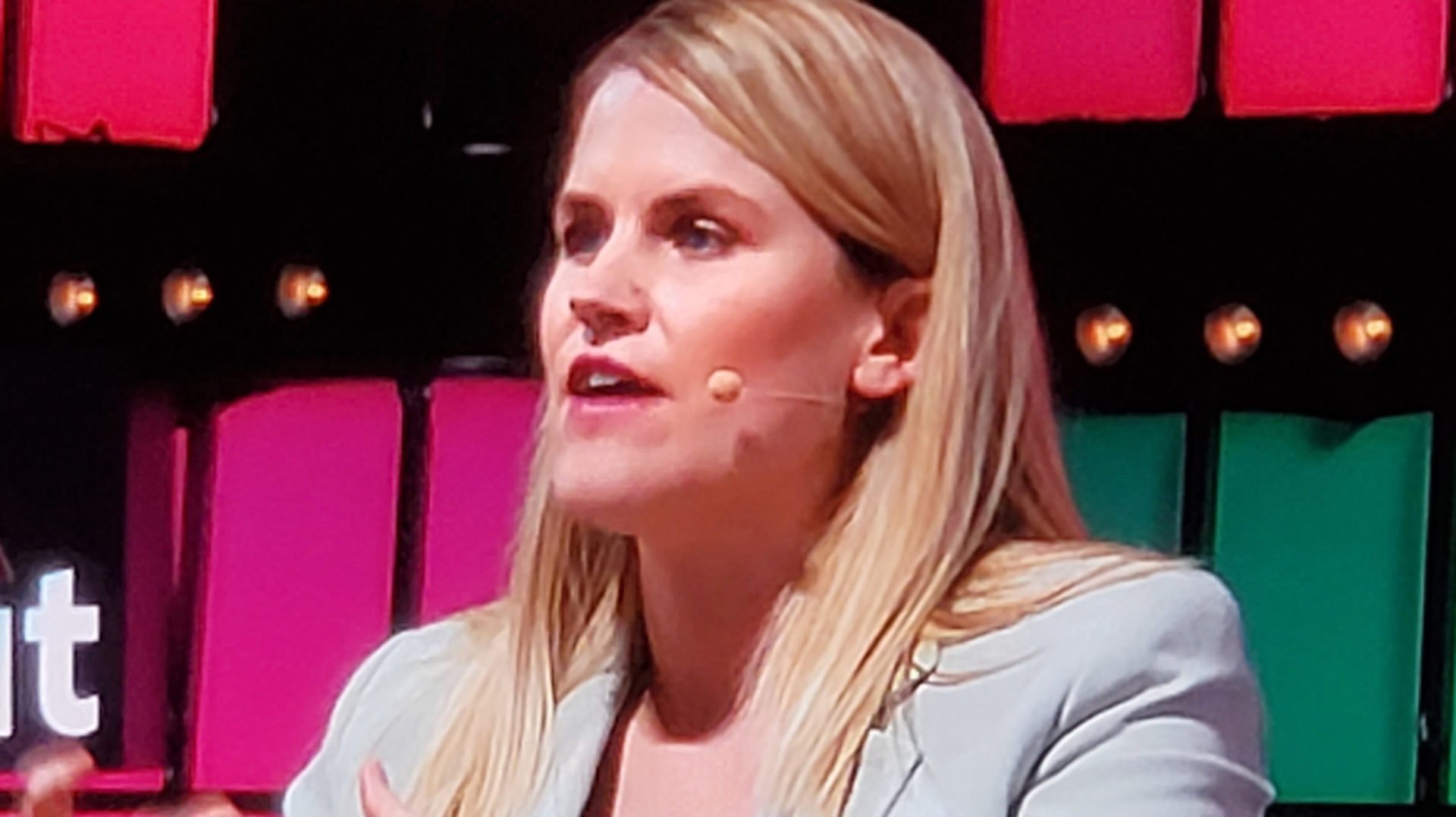This piece originally appeared in FIN, James Ledbetter’s fintech newsletter.
It was inevitable that the damning Financial Industry Regulatory Authority (FINRA) action and $70 million fine against Robinhood would be eclipsed within 24 hours by the company’s S-1 filing to go public. It’s also unfortunate, because the depth and repetition of Robinhood’s malfeasance documented in the FINRA letter can scarcely be exaggerated.
Ever since the GameStop Götterdämerung, the public has arguably become accustomed to the fact that Robinhood gives false and misleading information to its customers. But the degree of the company’s lies and missteps is staggering: for years, according to FINRA, even basic market information such as stock splits and dividends were misrepresented on Robinhood’s platform, meaning that on a daily basis, Robinhood gave millions of customers inaccurate assessments of their account balances. It gets worse; FINRA charged Robinhood with:

- No oversight on who is allowed to trade options. FINRA notes that a teenager can open a Robinhood account, claim 3 years of investing experience, and be allowed to make the riskiest options investments—even if, moments before, the same teenager had said she had no investing experience.
- Lax maintenance of critical technology. The infamous Robinhood outage earlier this year was hardly the first. Indeed, Robinhood executives identified a December 2018 outage as a “watershed incident.” Even so, and despite warnings that it was not in compliance with FINRA rules, Robinhood failed to supervise the maintenance of its Web site and app.
- Lack of a viable backup plan. According to FINRA, Robinhood’s “business continuity plan” in case its system went down was to take customer orders by phone. The problem with this plan is that there was no phone number for customers to call.
- Failure to report customer complaints. No one who’s ever dealt with Robinhood’s Sisyphean customer service will be surprised to learn that between January 2018 and December 2020, the company neglected to report to FINRA tens of thousands of customer complaints.
- Shoddy customer identification. Fake Social Security number? No problem: “Robinhood approved more than 90,000 accounts from June 2016 to November 2018 that had been flagged for potential fraud without further manual review.”
Robinhood’s transgressions make a mockery of the idea that companies always act in their own self-interest; almost all of these actions pose an existential risk. Moreover, you’d have to expel all logic and common sense to think that a company this dysfunctional can quickly change its behavior and culture in response to even record-setting fines and the coming scrutiny of the public market. It’s not as if the people running Robinhood don’t know the rules; one thing we learned from the Robinhood S-1 filing is that the company’s highest compensated employee is chief legal officer Daniel Gallagher, a former Obama-appointed commissioner on the Securities and Exchange Commission. One can only conclude that Robinhood doesn’t care about rules and laws, or else has built a culture so reckless that it can’t follow them.
As for Binance, it has not been formally fined or accused of wrongdoing on a scale anywhere near Robinhood’s. Still, the world’s largest cryptocurrency exchange’s encounters with global regulators this year have been breathtaking—and it’s hard to see how Binance is going to be able to stay in business without significant downscaling. On June 26, Britain’s Financial Control Authority issued a statement saying “Binance Markets Limited is not permitted to undertake any regulated activity in the UK.” While Britons are not strictly prohibited from buying and selling cryptocurrencies via Binance, they can’t put in or take out their investments in pounds sterling, which makes it hard for Binance to do business in one of the world’s largest crypto markets. Six days later, Thailand’s main financial watchdog filed a criminal complaint asserting that Binance was operating a digital asset business without a license. The Thai commission says that it had warned Binance about this in April but received no response; this could end up with a jail sentence. One begins to see a pattern:
- Also in late June, Japan’s market regulator said that Binance was illegally operating in the country.
- Binance stopped doing business in Canada’s largest province (Ontario), after its financial regulators cracked down on Bybit and other crypto trading rivals.
- In March, Bloomberg reported that the Commodity Futures Trading Commission was investigating whether US citizens had illegally bought and sold derivatives over the exchange.
- In May, Bloomberg reported that the US Justice Department and Internal Revenue Service were investigating alleged money laundering via Binance.
- In late April, Germany’s regulator BaFin issued a statement saying that Binance’s recently launched “shares tokens”—essentially a coin derivative pegged to a stock like Tesla or Apple—violated European rules that require a public prospectus for any security being sold.
- Surely unrelated to all of this activity is the sudden departure, revealed in early June, of Binance’s chief financial officer.
It’s worth underscoring here: These are not fringe players caught cutting corners—these are the global market leaders in their respective spaces, and rule violations appear to be at the very heart of their business. FIN is the first to agree that in many areas around fintech and cryptocurrency, laws and regulations can be vague, out of date, or worse. But a fintech movement that wraps itself in the “democratization of finance” ought to understand that with democracy comes responsibility: to customers, to stakeholders, and to society. To date, both companies have treated their responsibilities with contempt.

This piece originally appeared in FIN, James Ledbetter’s fintech newsletter. Ledbetter is Chief Content Officer of Clarim Media, which owns Techonomy.















